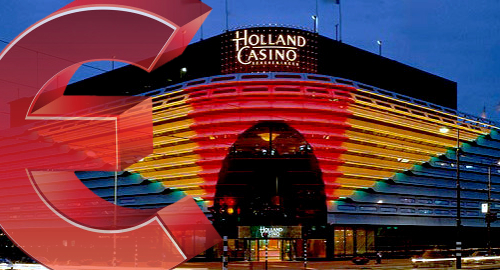 The Netherlands gambling market was worth over €2b in 2018, according to a new government report.
The Netherlands gambling market was worth over €2b in 2018, according to a new government report.
Last week, the state-run Centraal Bureau voor de Statistiek (CBS) released its latest snapshot of the Netherlands’ lottery and games of chance industry, which showed total consumer spending on gambling hit €2.5b in 2018, 12% higher than in 2015, the most recent year in which the survey was conducted. Total gambling revenue hit €2.05b, up 11% from 2015.
The government’s share of this bounty came to €529m last year, up 11.3% from 2015. The tax take has grown from less than €100m in 1995 thanks in part to a series of incremental rate hikes, including a four-point rise to 29% in 2006 and a further bump to 30.1% in 2018. Another surge came from the 2008 decision to extend taxation to slot machines offered by the likes of state-run operator Holland Casino.
The gambling sector employed around 8,300 local residents at the end of 2017, up 11% from 2014. However, the market’s employment rolls peaked at 8,900 at the end of 2010. There were 410 gaming and lottery companies in operation at the end of Q2 2019, down from 540 back in the same point in 2007. These 410 companies operated 655 branches, of which 94% were gaming halls.
Unauthorized online gambling operators accounted for 9% of the total revenue in 2015, but CBS apparently didn’t determine a similar number for the 2018 survey. The Netherlands is in the process of launching its regulated online gambling market, although the first legal online wagers aren’t expected until January 1, 2021.
To understand what kind of response it could expect when it begins accepting online applications on July 1, 2020, the Kansspelautoriteit (KSA) regulatory body established a June 21 deadline for companies to submit expressions of interest. As of mid-June they already had 79 submissions, and that number skyrocketed to 183 by the KSA’s deadline.
The KSA said 89 of the submissions came from international operators, of which 83 already held an online gambling license. Another 74 submissions came from companies that “already offer games of chance on the market for physical games of chance,” i.e. Dutch-based operators. That represents just under one-fifth of the 410 companies currently doing business in the country.